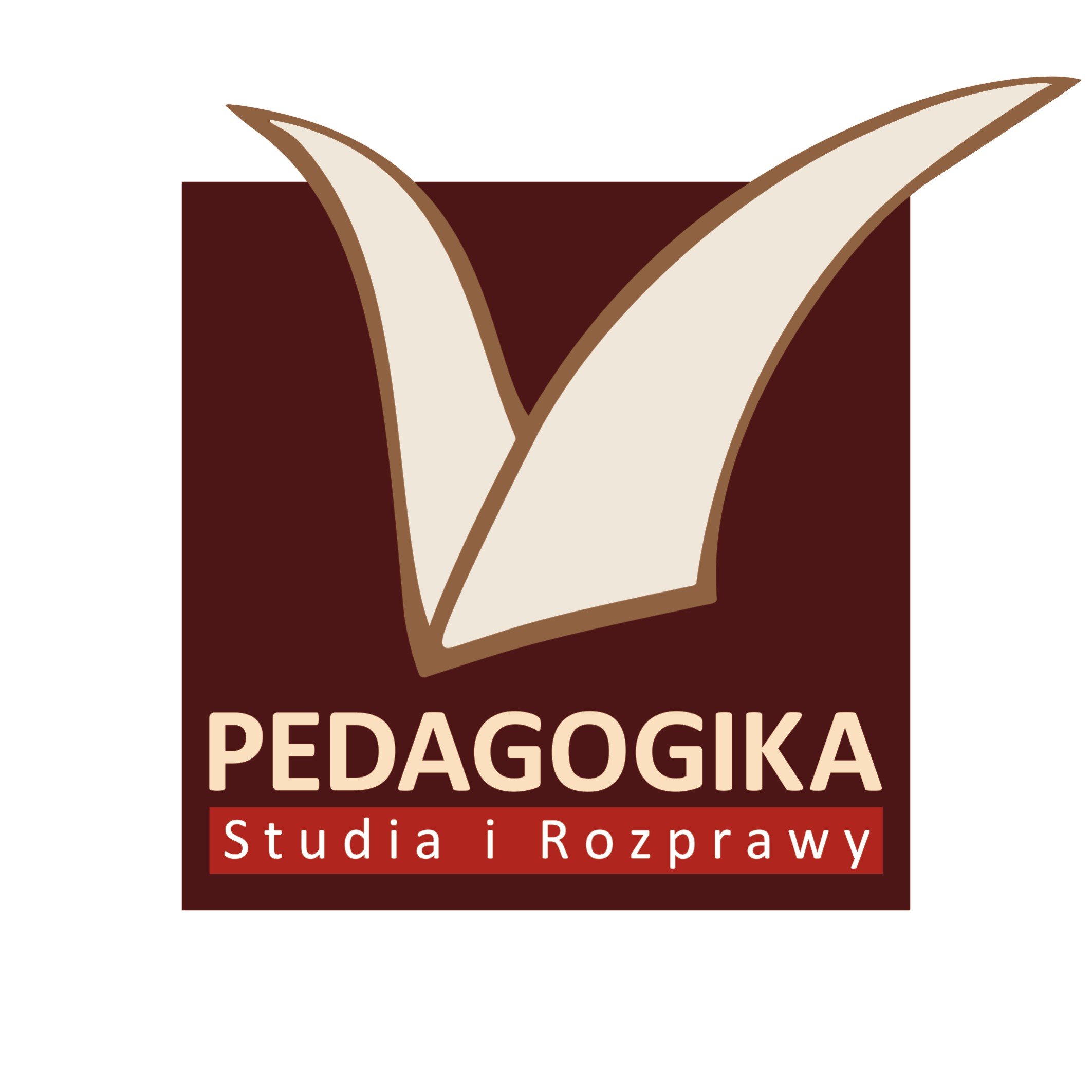Instructional Strategies in Developing Critical Thinking Skills in Non-Formal Secondary Education in Tanzania
Instructional Strategies in Developing Critical Thinking Skills in Non-Formal Secondary Education in Tanzania
Author(s): Tulia Michael, Abdon Kimario ÉphremSubject(s): School education
Published by: Uniwersytet Jana Długosza w Częstochowie
Keywords: critical thinking; instructional strategies; non-formal secondary education;
Summary/Abstract: This study examined the contribution of instructional strategies in developing critical thinking skillsin non-formal secondary education in Tanzania. The study was carried out in Kinondoni Municipal council in Tanzania. Qualitative approach with phenomenology design was employed in this study. The study sample comprised 36 learners and 8 teachers that make total of 44 participants. The study used purposeful sampling to all participants. Methods used to collect data in this study were interviews, focused group discussions and observations. This study employed thematic analysis to analyze the data. The study findings indicated that there was limited use of instructional strategies had showed to have little contribution of developing critical thinking skills among learners. These strategies include lecture, questions and answers, oral presentation, group discussion and problem- solving that had low contribution in developing critical thinking among learners in non-formal secondary education. The study further revealed that most of the people who were teaching were not qualified to be teachers; this lead also to very low contribution of developing critical thinking among learners. The study recommends that teachers should use adequate interactive instructional strategies that may have great contributions in developing critical thinking among learners such as questions and answers strategy, group discussion, oral presentation, problem solving, research activities, field work, exposing learners to libraries, provisional of triggering questions, puzzling questions and promoting self-independent learning.
Journal: Pedagogika. Studia i Rozprawy
- Issue Year: 2022
- Issue No: 31
- Page Range: 33-49
- Page Count: 17
- Language: English

